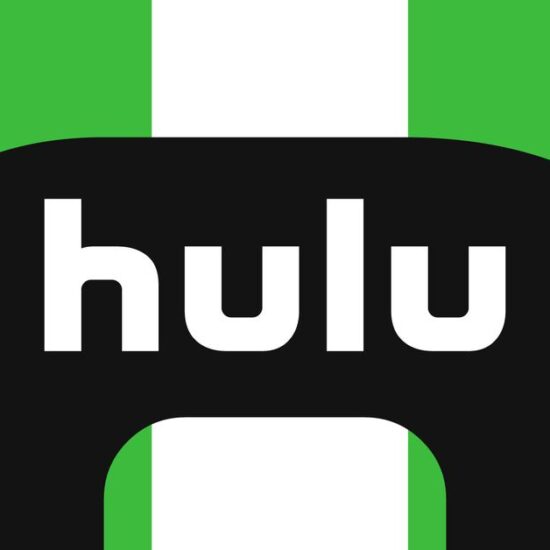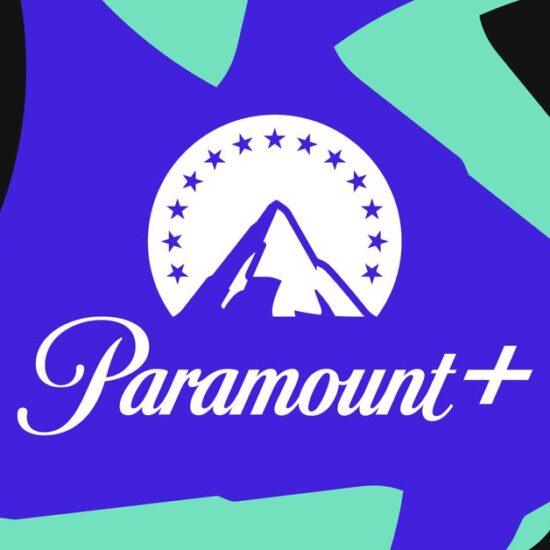
Disney and Comcast have been posturing about the future of Hulu for months now. They’ve got four options, and one is a real game-changer.
We now know, in great detail, what Bob Iger plans to do with Disney. What we don’t know is what in the world will Disney do with Hulu.
A fact: In January 2024, Comcast can trigger a sale of its one-third stake in Hulu, valued north of $9 billion, to Disney. Another possibility: Comcast CEO Brian L. Roberts buys out Hulu from Disney. And yet another: Disney and Comcast seek Hulu buyers in an open auction. Last week, after his company reported fiscal Q1 2023 earnings, Iger again indicated he’s open to selling Hulu. “Everything is on the table right now,” he said.
Then there’s a fourth possibility: What if Disney traded its ESPN stake for Comcast’s Hulu stake? (Disney owns 80 percent of ESPN; Hearst owns the rest.) Hey, trades and sports go hand-in-hand.
The idea was first raised at last summer’s Allen & Company Sun Valley Conference, the annual Idaho-based summer camp for the biggest media executives and their investment-banking friends, and revived last week by Puck legal writer Bill Cohan in a published conversation with his colleague Matt Belloni, who noted that the “valuations can be adjusted with cash and the transaction would be tax-free to all parties.”
Jeremy Allen White in FX’s “The Bear” on Hulu.
FX
Eighty percent of ESPN is worth billions more than 33 percent of Hulu, but Comcast has the cash on hand. While ESPN never quite fit the Disney vibe, NBCU already has a major sports presence with “Sunday Night Football” on broadcast and brought more live competition, including Premier League soccer and the WWE Network, to the fledgling Peacock. At a time when sports rights are incredibly expensive, Disney would get a bunch of money and offload ESPN.
IndieWire reached out to reps from both Comcast and Disney to request comment on this story, but we did not hear back.
What could derail this idea is the spoilsport anti-trust regulators, who may take a dim view of Comcast — an already-major player in sports — combining with ESPN, which still (sometimes) brands itself the “Worldwide Leader in Sports.” At issue would be the rights that ESPN holds and the free-market impact if those rights were brought under one roof.
“It would certainly merit heightened review from the regulators,” said Corey Martin, managing partner and chair of the entertainment finance department at law firm Granderson Des Rochers. “I don’t think there’s necessarily been a precedent where a company like ESPN that holds a variety of different rights across multiple sports was combined with another entity that holds rights across multiple sports.”
You may recall a similar issue when Disney acquired Fox back in 2017, when Disney had to divest itself of Fox’s large network of regional sports networks. (RSNs), As Martin explains, it was obvious that one company controlling both the national and regional broadcasts for a given sports could be a problem.
In the case of a would-be ESPN-Comcast deal, the prime concern would be the NFL. The NFL is unique in that it has rights deals across all four major broadcasters (ABC occasionally simulcasts ESPN’s “Monday Night Football” games), not to mention Amazon. What happens to the market if two of those broadcasters combine? How would it affect pricing of sports rights, or would a combo of ESPN and NBCU suddenly get an advantage?
“I think there would probably be a lot of nervousness on the parts of all the sports leagues,” Martin said. “That would probably reduce the leverage of those sports to play the rights holders off one another.”

Matt Overton #45 of the Dallas Cowboys celebrates after NFL wild card playoff football win
Getty Images
ESPN+, which is part of the Disney bundle with Disney+ and Hulu, had nearly 25 million subscribers at the end of December. On Disney’s earnings call February 8, Iger said he’s not currently “considering” a sale or spinoff of ESPN. But, as Belloni wrote in his back and forth with Cohan, “nobody seems to believe” that, especially after Iger’s Disney reorg included the separation of ESPN from the rest of Disney Entertainment.
That reorg drew questions from the investment community about the future of ESPN; Iger said he knew they would come.
“ESPN is a differentiator for this company. It’s the best sports brand in television. It’s one of the best sports brands in sports. It continues to create real value for us,” he responded. “It is going through some, obviously, challenging times because of what’s happened in linear programming.”
“The brand of ESPN is very healthy, and the programming of ESPN is very healthy. We just have to figure out how to monetize it in a disrupting world. That’s it,” Iger continued. “But we’re not engaged in any conversations right now or considering a spinoff of ESPN. That had been done, by the way, in my absence, and I’m told the company concluded after exploring it very carefully that it wasn’t something the company wanted to do.”
Right, Chapek’s Disney looked into it and ultimately passed. But Iger’s Disney has been busy mostly undoing almost everything Chapek did.
There’s a bonus for cash-rich Comcast. The theoretical asset-swap would set up NBCU “perfectly” for a potential merger with Warner Bros. Discovery,” Cohan wrote. “These deals are going to happen,” he confidently wrote of both ESPN-for-Hulu and NBCUniversal/WBD, “it’s just a matter of when.”
Sign Up: Stay on top of the latest breaking film and TV news! Sign up for our Email Newsletters here.














